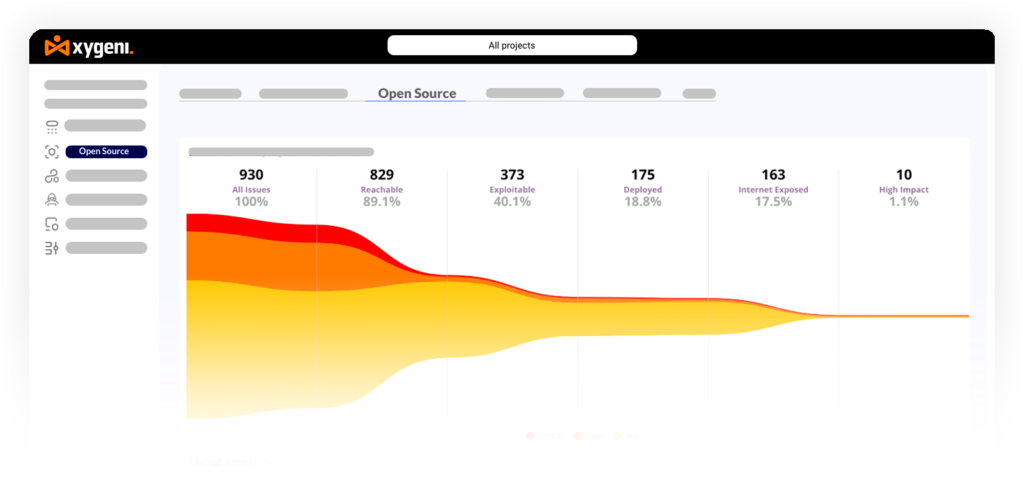The Rise of Socially Engineered Attacks in Cybersecurity
In cybersecurity, a new threat has emerged. Specifically, socially engineered attacks now catch even the most experienced players off guard. Unlike traditional threats, these attacks don’t rely on new technology or complex malware. Instead, they exploit trust and collaboration.
In April 2024, the open-source community faced a significant challenge. To illustrate, a GitHub user named Jia Tan gained access to the XZ Utils compression tool, which is widely used on Linux systems. Subsequently, Jia Tan exploited this access to insert a backdoor into the software. As a result, countless Linux-based devices faced potential risks.
Indeed, this incident served as a wake-up call. It exposed the vulnerabilities within the open-source ecosystem. Although transparency and collaboration are usually strengths, they became tools for malicious actors. Furthermore, this situation highlighted the crucial role of maintainers, who stand as the first line of defense against such cunning tactics.
Real-World Incidents of Socially Engineered Attacks
Various real-world incidents have shown the severe impact of socially engineered attacks on open-source projects. These examples demonstrate the vulnerabilities and emphasize the need for heightened security measures.
Case Study 1: The npm Package Event-Stream
In November 2018, a sophisticated socially engineered attack compromised the npm package event-stream. A malicious actor offered to help maintain the project. The overwhelmed original maintainer, eager for assistance, handed over control. The attacker then introduced malicious code designed to steal bitcoins, which was downloaded millions of times before its discovery. As a result, developers either had to find alternatives or verify their codebases for the malicious code. This incident led to an immediate loss of trust in the event-stream package and prompted a broader discussion within the npm ecosystem about the need for more robust maintainer vetting and dependency scrutiny.
Case Study 2: The RubyGems Hijacking
In 2020, attackers exploited weak or reused passwords to hit the RubyGems package manager. They gained control of several accounts and injected malicious code into the gems, which allowed remote code execution on the affected machines. The maintainers responded swiftly by removing and replacing the compromised gems. They also quickly communicated the breach to users. This incident underscored the importance of strong, unique passwords and the implementation of two-factor authentication. As a result, the RubyGems community improved security measures and raised awareness to better defend against Socially Engineered Attacks.
Case Study 3: The PHP Git Server Compromise
In March 2021, attackers compromised the official PHP Git server. They managed to push malicious commits containing a backdoor into the PHP source code. Although the malicious commits were quickly detected and reverted, the incident raised significant concerns about the security of one of the most widely used programming languages. In response, the PHP development team moved their repository to GitHub, which offers better security features and monitoring tools. They also implemented more rigorous code review processes. This breach served as a wake-up call for other open-source projects, emphasizing the need for secure infrastructure and vigilant monitoring.
Tools and Best Practices to Combat Socially Engineered Attacks
To prevent Socially Engineered Attacks, teams must use the right tools and practices. For example, Xygeni Early Malware Detection provides real-time monitoring. This tool blocks harmful packages and ensures secure dependencies. In addition, it detects malware infections immediately, whether in new packages or updates to trusted ones.
Additionally, Xygeni SSC Security supports verification of multi-factor authentication (MFA). It also enforces automated code reviews and other security checks. These measures help identify vulnerabilities and stop malicious actions, which are often exploited during Socially Engineered Attacks.
In summary, real-world incidents like the event-stream compromise, RubyGems hijacking, and PHP Git server breach demonstrate the urgent need to defend against Socially Engineered Attacks. By implementing rigorous vetting, continuous monitoring, strong authentication, and secure infrastructure, the open-source community can protect projects. Thus, using tools like Xygeni helps maintain the trust essential to the ecosystem’s success.








